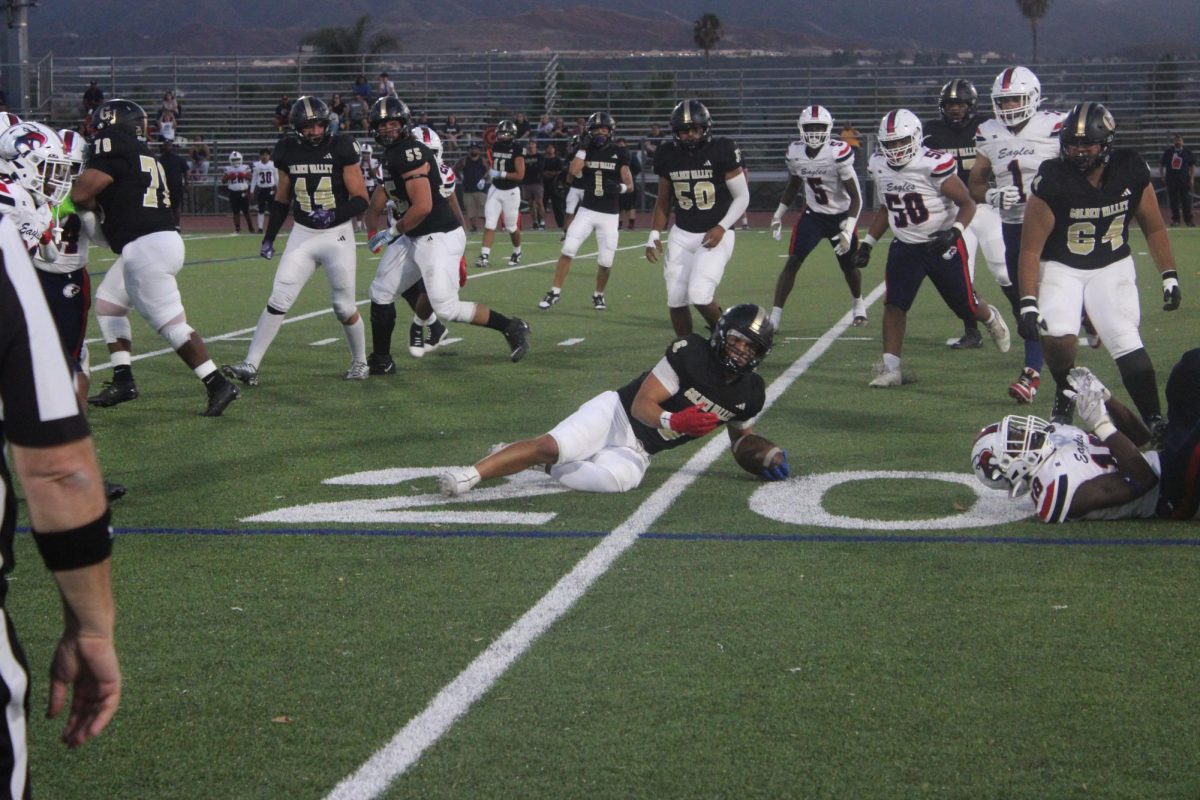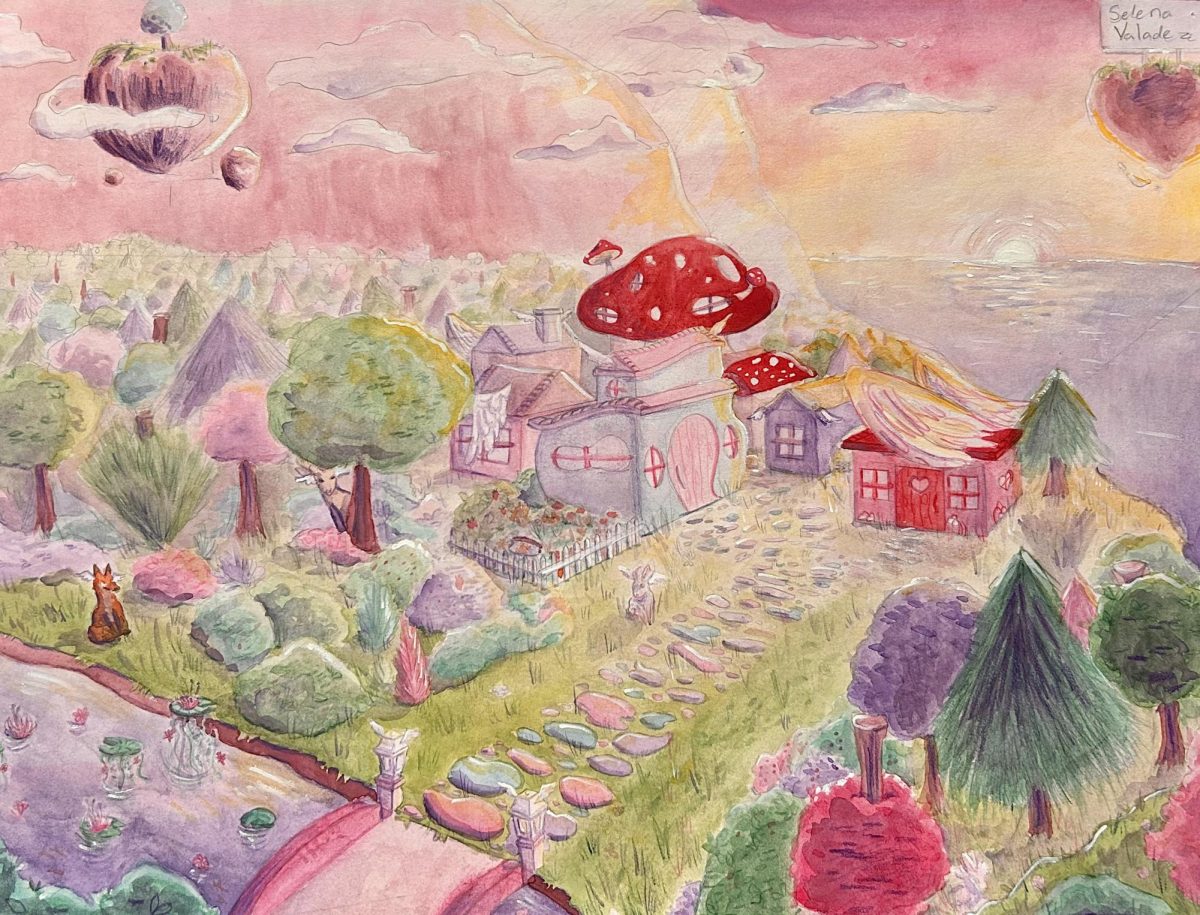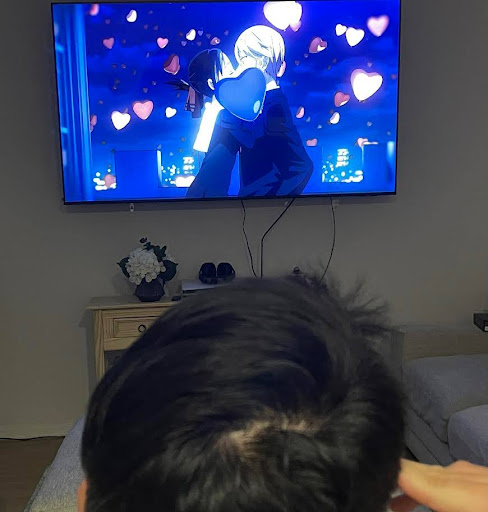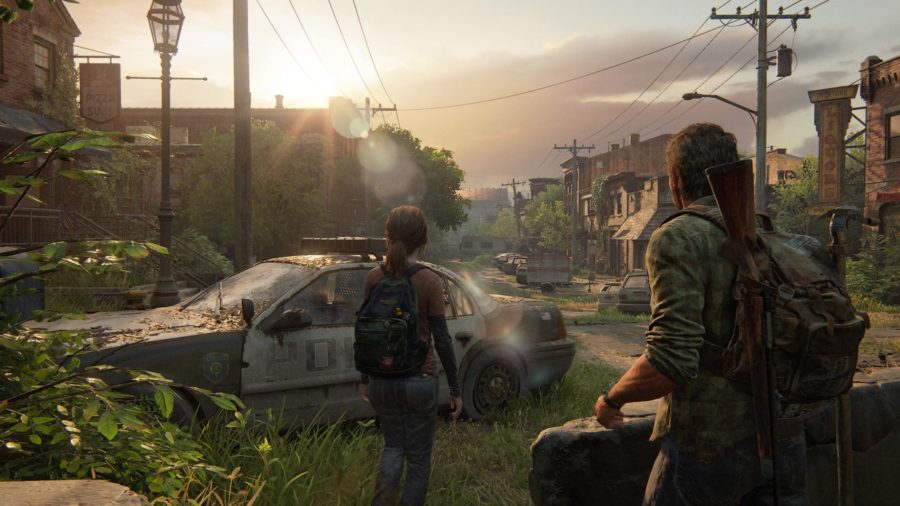‘The Last of Us’, A Representation of Art In Video Games
The year is 2015 —despite the work it took to afford nice things, my parents managed to buy my older brother and me a PlayStation 3 and a couple of games.
For the most part, my older brother would be the one playing the games. Now and then I’d join in, but most of the time I would watch him. It wasn’t until we played a game called “The Last of Us” that I was intrigued enough to try playing the game myself later on.
When I turned 14, I bought “The Last of Us: Remastered,” a remade version of the original game released in 2013, with slightly upgraded graphics for the PlayStation 4. As I played the game by myself for the first time, I was completely captivated by the game and its story, its gameplay, its setting, its scenery, and its characters.
The Last of Us’ is a story-based video game taking place in a world brought to ruin by a fungal infection 20 years after the initial outbreak. The game follows Joel Miller, a smuggler having to escort a teenage girl named Ellie Williams, across the post-apocalyptic United States in search of the ‘Fireflies’, a group of survivors actively looking for a cure for the infection. Ellie holds the key to repairing mankind as she is immune to the disease and the Fireflies could begin the process of creating a cure.
The gameplay can be best described as scary, full of action, and suspenseful paired with fun and heart-racing battles against its gritty and creepy take on zombies in a “Zombie Apocalypse” story archetype. Its story is nothing short of amazing, with its excellent writing, incredible character arcs, and full of emotional performances given by the voice and motion capture actors of the characters.
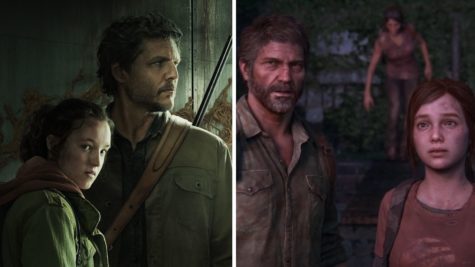
It quickly cemented itself as one of my favorite games of all time. Since then, I have always shared the game with multiple people and claimed why it is considered one of the best games out in the market, not just by me, but by many fans and critics alike.
Despite how much I praised the game and others even agreed that the concept itself was interesting, the conversation would often stop there, as no one seemed to want to try it. Often reasoning, the reason for not giving the game a try was simply because it was a video game.
Eventually, the multitude of these encounters sparked the question to me — why are video games looked down upon as a medium of storytelling or art?
This is a question that has been troubling me for a while. While books, film, and television are widely praised, it seems video games are infrequently taken seriously in their narrative or entertainment even though they are considered the largest form of entertainment in the world. Video games should be taken seriously and be more appreciated as a means of entertainment and storytelling.
Just this year, ‘The Last of Us’ was adapted into a live-action television show streaming exclusively on HBO. The show is praised for its great adaptation of the video game and the changes that have been made to the original story. Praise has been given not just from people who have played the game, but general audiences have also shared their love for the show.
Following the massive success of the HBO Original series, ‘The Last of Us,’ gained a lot of attention that has been generated on the franchise; notably for its accurate narrative. This raises the question again as to why video games are an underappreciated art form. Especially since ‘ ‘The Last of Us’’ being such a great game, is only now being appreciated.
‘The Last of Us’ is renowned for its compelling storytelling, gameplay, visuals, sound design, music score, and characterization of its characters. There are other video games with good stories to them, however, ‘The Last of Us’ was one of the first games in history to significantly break the mold that video games are presented with. That being, video games are sort of mindless and not made for reasons beyond the fun and entertainment of teenagers or children.
While ‘The Last of Us’ was very successful in the gaming world, it was still irrelevant outside of that. Recently, however, the show has brought about such a success that game sales have risen. According to “Gematsu” a video game news source, Since the release of the show, “The Last of Us” video game sales have gone up 238%. This, in turn, supports the idea that the game is now being recognized for its narrative due to the success of the closely adapted show.
Do people not take video games narrative seriously because there’s a bad reputation for video games being adapted into live action? No, because this does not seem to be the case anymore. Video games have had a lot of well-received adaptations into other forms of entertainment such as TV shows or movies.
“When we created PlayStation productions the goal there was to take some of our big franchises and reach these all new audiences that have never heard of the game— and so for us to now have this incredible show.. it’s gonna open up this franchise to all new people.” said Asad Qizilbash, head of PlayStation Productions.
‘The Witcher’, a Netflix Original, for example, starring Henry Cavill and released in 2019 was well received among audiences and critics. While ‘The Witcher’ is based on a series of games and books, it is still very well-praised for its narrative. Enough to give rise to a second season with the third currently in production. While the show only has a couple of episodes into the show, HBO has already announced that the show will have a second season due to its popularity.

“We have this mindset that video game adaptations are bad, but now we have shows such as ‘The Witcher’ and of course ‘The Last of Us’ kind of shift that perspective,” says Kellen Galban, President of the Fighting Game Club.
Video games are overlooked as an art form because they have a younger target audience, children and teenagers, and they can be seen as unproductive or time-consuming. This contradicts the argument because watching movies or television can also be unproductive or time-consuming. In addition, many people beyond their younger ages play video games. In a study done by the entertainment software association, statistics reveal that more than a third of video game players are over the age of 18. This shows that video games are played regardless of the age of the player.
As the show continues to receive praise and notoriety, video games will be widely appreciated for their narrative. ‘The Last of Us’ is just one of many representations of art in video games, and it will undoubtedly have a lasting impact on the future of video games and storytelling.

Diego Rosas is a staff writer on the Community News Team at The Grizzly Gazette. Now in the 12th grade, Diego is a senior at Golden Valley High School. Having attended GV for just one year, Diego is eager to make an impression on the school be it through his writing. Diego is very invested in sports and on campus events therefore he is hoping to cover stories regarding such.
Being in this newspaper, Diego believes, is an indication of how far he has come as a student. Diego has not always been a very good student. In fact, he struggled with much of middle school and high school due to his past inability to stay organized and motivated but in spite of that he is now doing the best he has ever done in school. In addition, being a journalist is important to him because it allows him to have a voice and to spread information to the school in a way that reaches all audiences positively.
Diego enjoys working out, taking photos, going on walks, spending time with friends and family, reading,...












